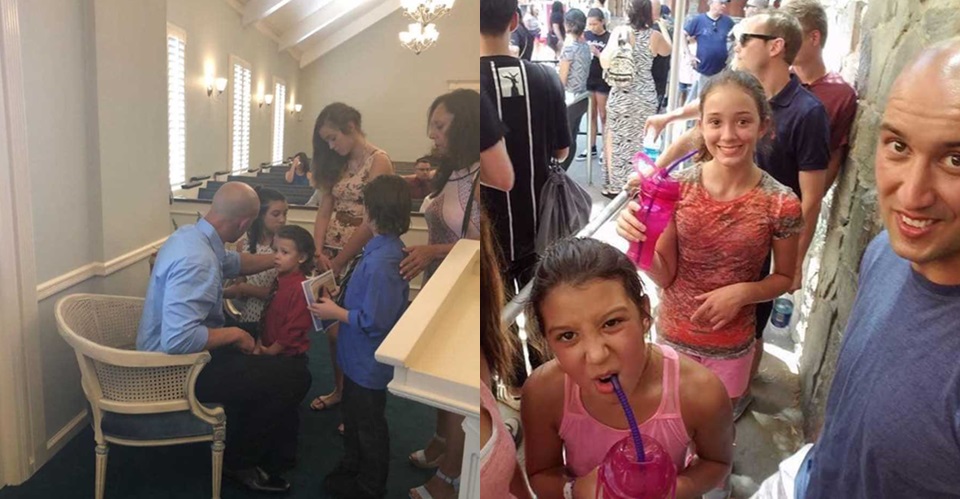There are moments in life that divide everything into before and after. For one man, that moment came on an ordinary evening when a drunk driver, flying down a California highway at more than 85 miles per hour in the wrong lane, slammed into his wife’s car. In one heartbeat, everything he loved was gone. His wife, Krystil, and their unborn daughter, Avalynn, were killed instantly. What was once a family of laughter and chaos became a quiet house filled with grief, ashes, and unanswered questions.
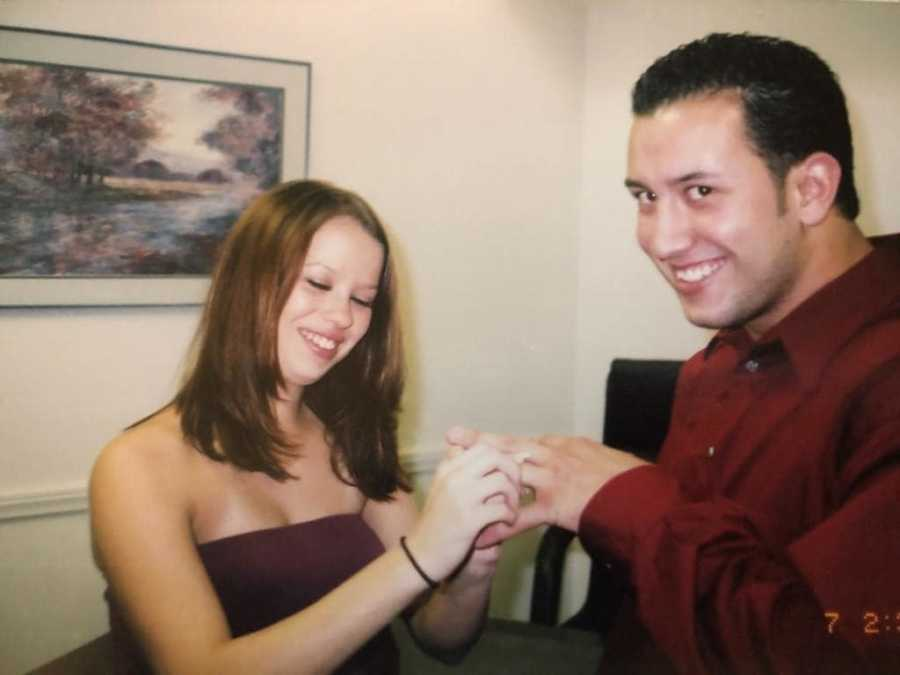
He remembers the day he married her as vividly as he remembers the day he lost her. Twelve years before the crash, they had promised each other forever. They were young, full of plans, and had that rare love that glues people together even through the mess of everyday life. She had this way of looking at him, which made him believe he was the luckiest man alive. And for years, he was. They built a home, raised their kids, and counted down the weeks to welcome another little girl into their family. Then came that night. The driver who destroyed his family wasn’t some shadowy stranger in a movie; he was just another person who thought it was fine to drive home after drinking. But at 85 miles per hour, wrong lane, blind curve, there’s no “fine” about it. The impact was so violent it didn’t just take lives; it ripped the meaning out of what was left behind.
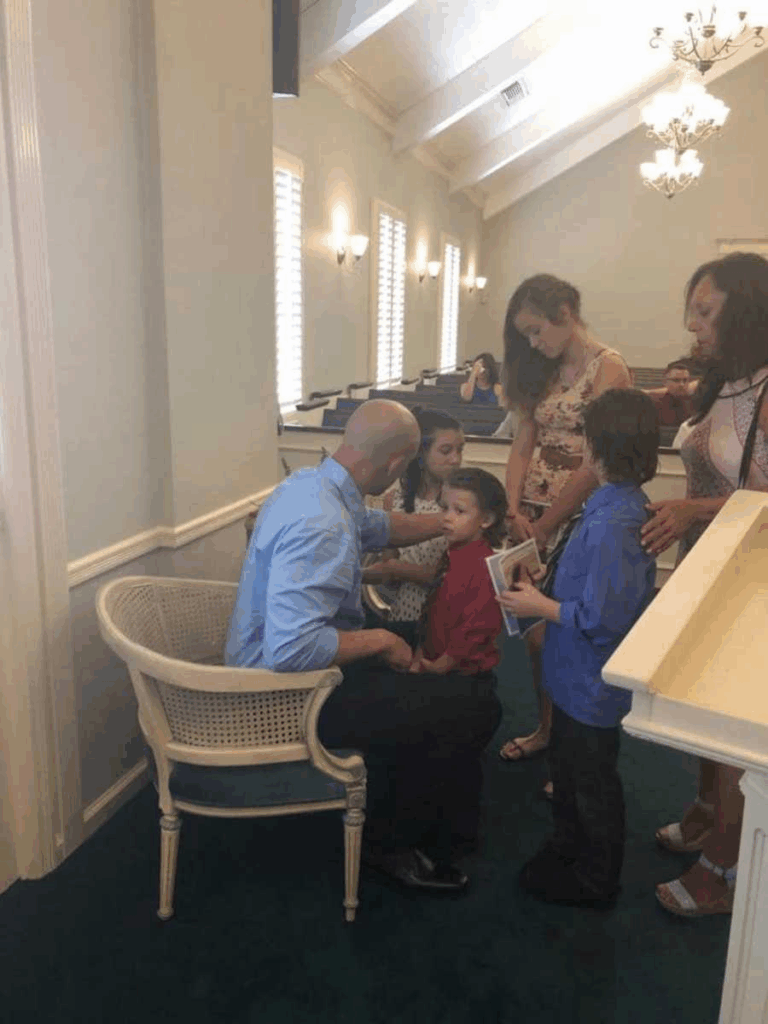
When the ashes of Krystil and Avalynn came home, its weight wasn’t just emotional—it was physical. Two urns, sitting where laughter used to echo. How do you explain that to your children? How do you tell them their mother is gone because someone decided a few drinks weren’t a big deal? Their baby sister, who would have been born in just a few weeks, doesn’t count as a “person” under California law because she hadn’t taken her first breath yet? The state called it an accident. But to a husband and father, it felt like murder.
He sat through court hearings where the drunk driver’s maximum sentence was ten years. Ten years for destroying an entire family. It made him wonder what justice even meant anymore. If driving drunk at that speed, in that way, isn’t intent, then what is? The images from that day still burn in his memory: the open casket, his minor children standing beside him, too young to understand the weight of loss, too old to forget the moment they saw their mother for the last time. There’s no way to soften that kind of pain. People tell you to be strong, but strength feels useless when the people who gave your life meaning are gone.
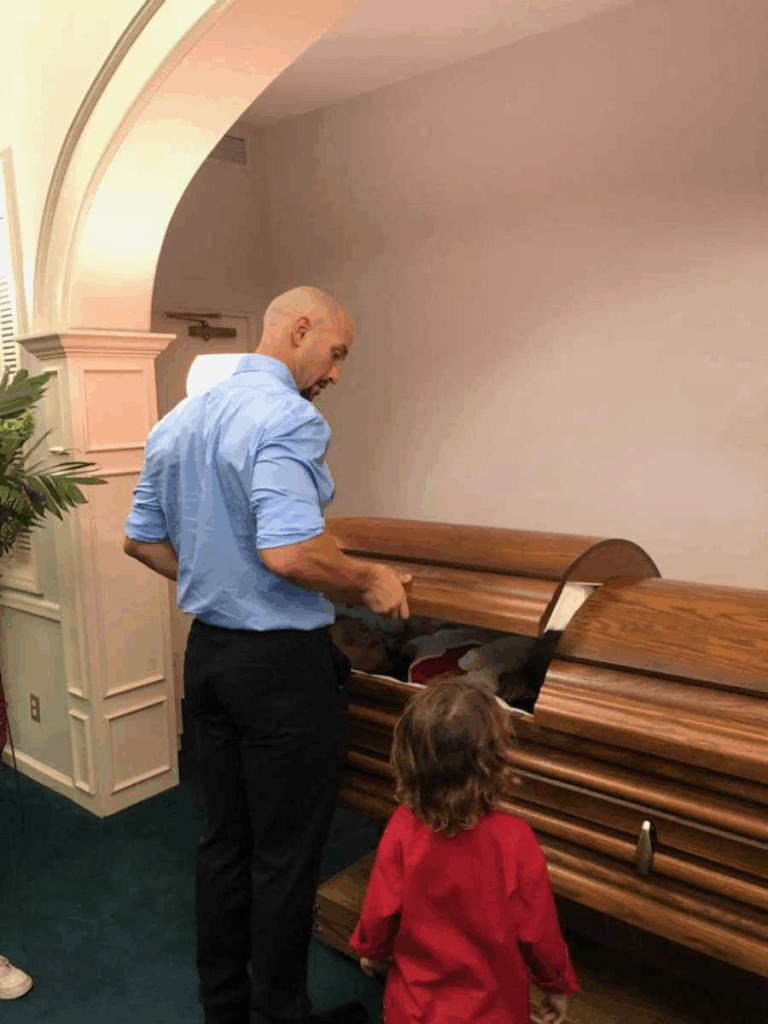
Now, he spends his days trying to piece together what’s left. He wakes up and helps his children get ready for school. He tries to smile for them, even when it feels impossible. Every morning is another reminder that grief doesn’t fade; it just teaches how to live beside you. But in the middle of the heartbreak, there’s a fire. A quiet, determined fire that keeps him going. He’s fighting for change. For laws that recognize that reckless, drunk driving is not an “accident.” For accountability that matches the damage done. He wants a world where a fully developed baby like Avalynn is recognized as a life taken, not just a statistic. It’s not about revenge; making sure no other family gets that phone call, no other father has to pick up ashes instead of a newborn.
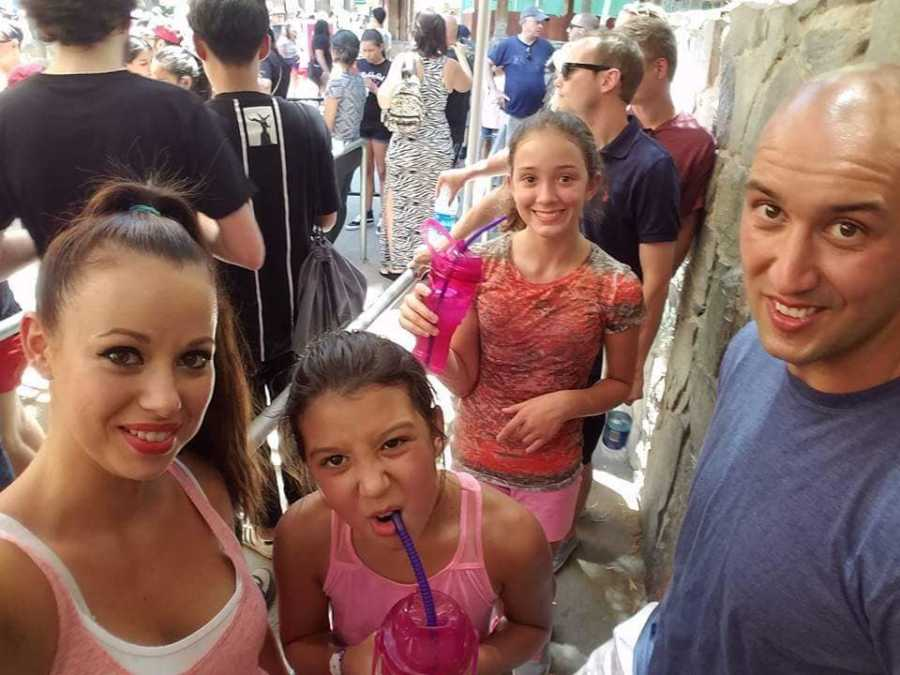
There are still nights when he sits alone and thinks about what their life would have been like. He imagines Krystil laughing in the kitchen, the baby on her hip, and their kids chasing each other through the house. Sometimes he catches himself smiling at the thought, before the reality crashes back in. But even in his grief, there’s love. Deep, enduring love for the woman who made him better, and for the daughter who never got the chance to live but still changed everything.
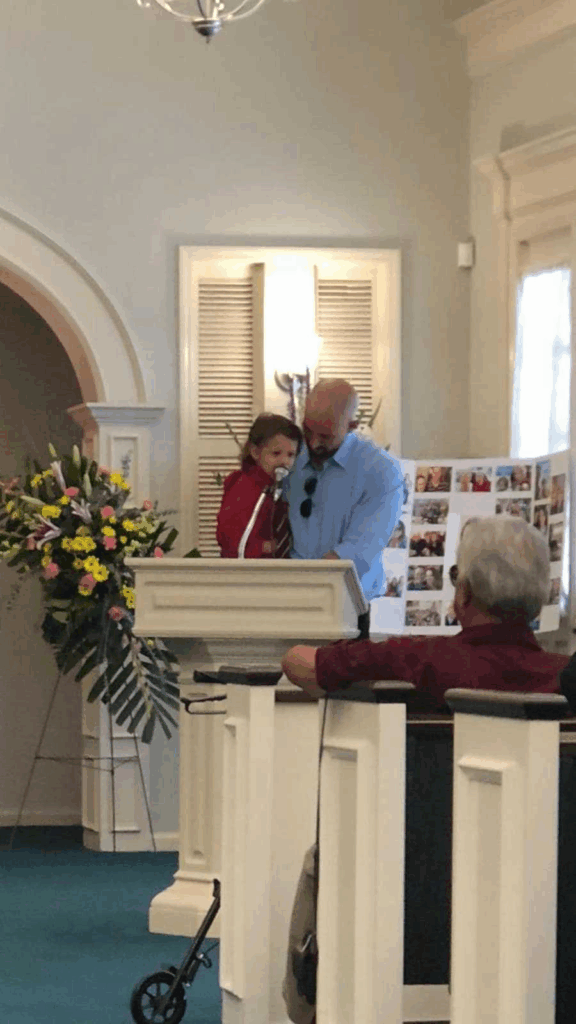
He’s not just a grieving husband; he’s a man on a mission. A man who lost his wife and daughter to a drunk driver refuses to let their story be another tragedy that fades away. Krystil and Avalynn’s lives ended that night, but through his fight for justice, their voices live on. Because love like that, even when shattered, doesn’t disappear. It becomes something else, a reason to fight, speak, and demand better.
